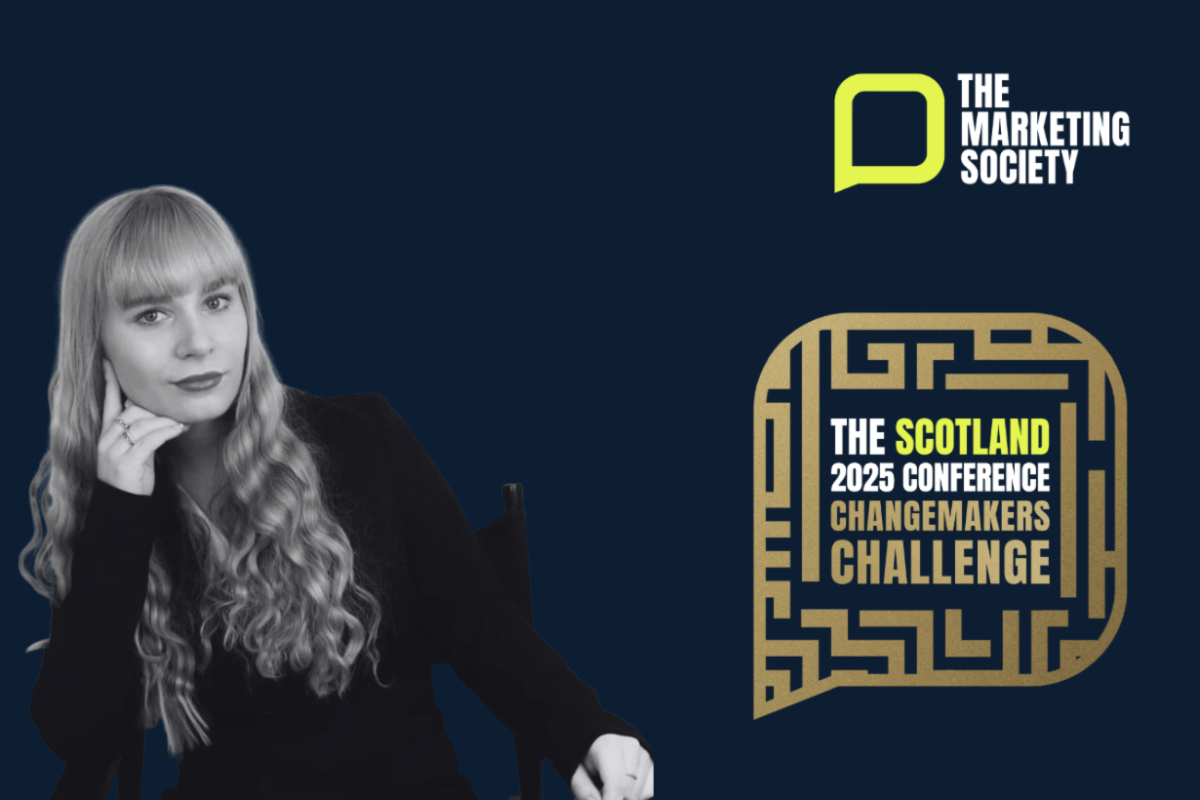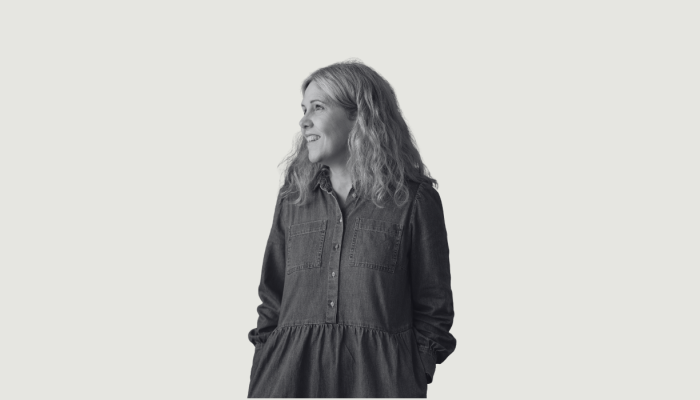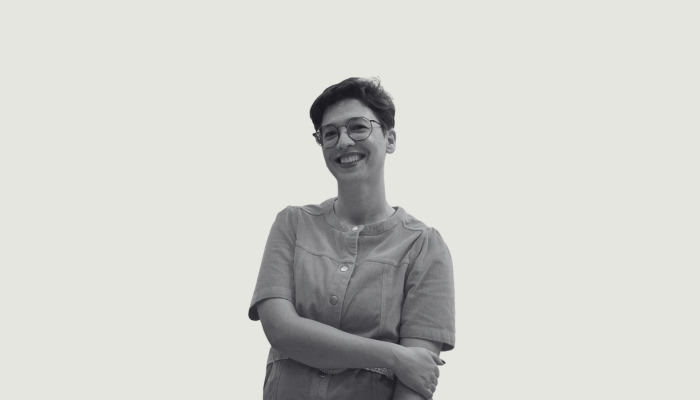We caught up with Ella Greenwood who is speaking at The Changemakers Conference Scotland on 29 October in Edinburgh.
Your work powerfully challenges how mental health is portrayed on screen. What role do you think storytelling plays in changing societal perceptions and driving genuine cultural change?
Storytelling plays one of the biggest roles, because it changes societal perceptions without people even being aware of it doing so. Telling someone that they need to change their mind on a matter often does nothing, and a lot of people simply don't have the time or interest to be informed about something. With storytelling, you're engaging people in an entirely different way. They're not listening to your story to be educated and learn something new, but they get that regardless. Storytelling in all forms takes time and craft to get it to the end product that the audience sees, and so you're able to capture people's attention in such a specific way, and in such a short amount of time. This is such a key route to driving genuine cultural change.
You founded Broken Flames Productions at such a young age — what have you learned about using creativity as a tool for both advocacy and entrepreneurship?
Creativity is the thing I've used most in both of these aspects, because they rely on always coming up with new ideas and approaches, and having to be creative in the way that you do this. I never thought I'd have anything to do with entrepreneurship, and I didn't think I'd be able to have my voice heard, let alone to advocate for anything, but as a lot of creatives will know, if you have the urge to create something, then you often can't stop. My need to tell stories and to be creative drove everything I did, and it became the best tool I had.
As you begin to explore the link between mental health and climate anxiety, how do you approach telling stories that are both emotionally resonant and hopeful?
From the moment I started working on my first project, I knew that it always had to end in a hopeful way. To feel really connected emotionally, you want to hear about the highs and lows. The toughest moments, and the most depressing facts and figures, and this is often what makes the most impact. But leaving it there does nothing. Because then people will do nothing. You've got to always counteract those parts with how this can be changed. That emotional connection and empathy, how can we put it into action? Sometimes this may mean ending on a positive and hopeful note, and other times, you may need to be more specific about what exactly can be done. Whatever is being said, there will always be a way to make it hopeful.
Many brands and organisations are now trying to create content with purpose. What advice would you give marketers and communicators on telling authentic, impact-led stories without them feeling performative?
My main advice would be to find the right voices and let them share the message. The large majority of people are now very aware of when someone is being authentic compared to when they are being told what to say, and speaking about something that really has no interest to them. We're always inspired by seeing real-life stories and real-life people who are passionate or who have a story to tell. I truly believe that's what has the most impact. Following a trend only goes so far, and it's getting even harder to predict what the next trend will be. So, focusing on authentic content that feels natural and real to one person means the chances are, others will also relate and find it engaging.
Tickets are still available at The Changemakers Scotland Conference on 29 October - book here.



